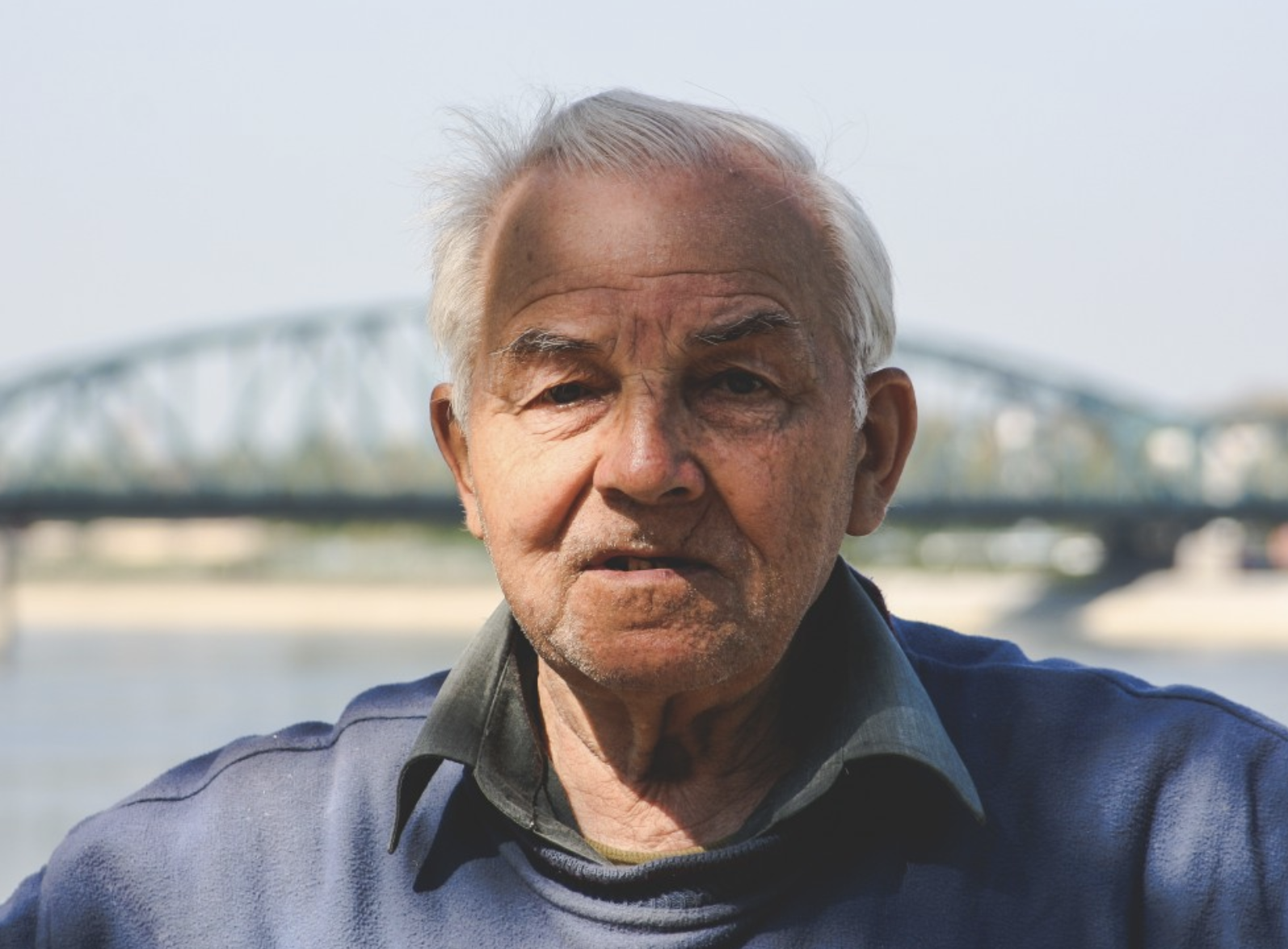HELLO MAGAZINE – Alzheimer’s disease continues to be one of the great challenges of modern neurology, and few professionals approach it with as much passion and rigour as award-winning neurologist Dr. Pablo Martínez-Lage Álvarez.
Here the medical specialist shares his depth of knowledge about advances in Alzheimer’s disease diagnosis and treatment, the importance of early detection and the future of the fight against the disease that affects millions.
“Every organ holds its mysteries, but the brain stands out as one of the great unknowns,” he says. “It makes one wonder if the brain will ever truly be able to understand itself.
“Technological progress over the last two decades, particularly in neuroimaging, neurophysiology and cognitive neurology, is gradually revealing the secrets of the human brain, and the function of each of its parts. But there is still a lot we don’t know.”
Research into Alzheimer’s disease has advanced greatly in recent years. What do you consider to be the most significant advancement?
“I believe the most significant advance is in diagnosis, because it has the potential to reach the widest number of people.
“While important progress has been made in understanding the disease mechanisms – and recently larger steps have been taken in treatment – what has really reached clinical practise is the possibility of making an accurate, reliable and most importantly timely diagnosis.
“This progress is in the field of biomarkers – biological parameters that allow us to determine if the presence of Alzheimer’s biology is driving a patient’s memory problems… Before, there was an urban neuro-legend that Alzheimer’s could only be diagnosed at autopsy” …
Alzheimer’s is still an incurable disease. What do we really achieve by detecting it in time?
“I am radically against that notion. Not in the sense that it cannot be cured – that is still true – but in the sense that it cannot be treated. [Treatment] is where early diagnosis gains its meaning …



